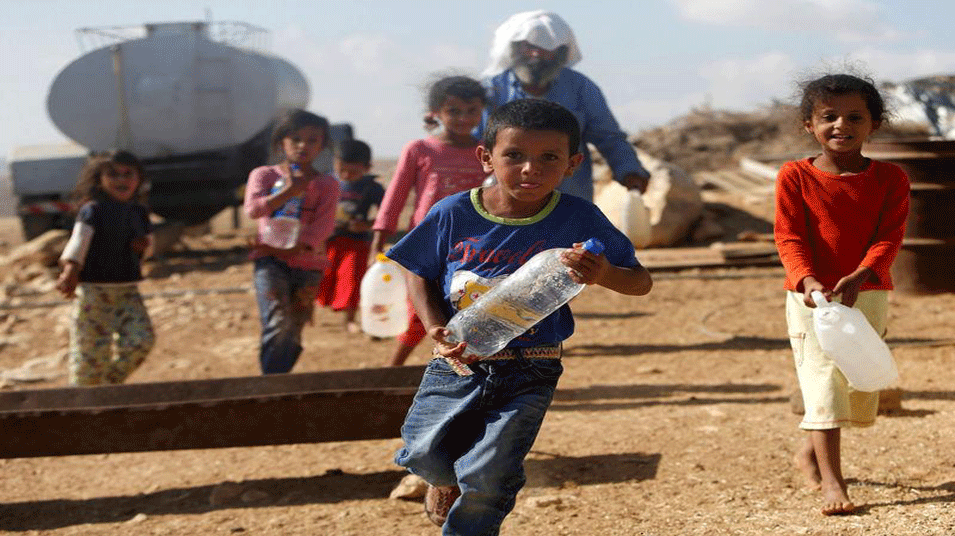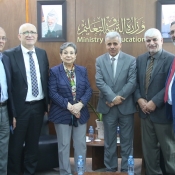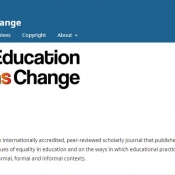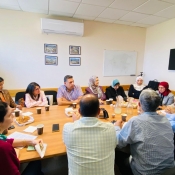Master’s thesis seeks ways to overcome water scarcity in Hebron
A research has found that Hebron District in Palestine suffers from absolute water scarcity due to the lack of management of water resources and the discriminatory Israeli water policies in the oPT.
The study is a master’s thesis project done by Khalil Tumar, a student in the program in Water and Environmental Engineering, and supervised by Professor Maher Abu Madi. It provides statistical evidence on the scarcity of water in Hebron, and offers practical solutions to overcome them in spite of the Israeli hurdles.
The primary source of water for Hebron is groundwater withdrawn from deep-water wells, which tap the underlying aquifer. Substantial volumes of water are also delivered to the studied area through service connections from "Mekorot," the Israeli water utility. The two systems are interconnected, which makes it difficult, in some cases, to demarcate the two.
According to the study, the total water required to satisfy a person’s need in Hebron is 42.42 MCM/YR, while the current available renewable water sources are 10.97 MCM/YR. The available options that could mitigate the water scarcity in the area include improving water demand management, using rainwater-harvesting systems, reducing water leaks and theft, collecting wastewater, and treating and reusing water, in addition to retaining the natural right to access to water.
The researcher shows that integrating the options together would create a state of balance between demand and supply in the future. Such an integration requires more efforts from the international and local communities to obtain water rights from the Israeli occupiers, coordinate all efforts, and develop action plans to mitigate water scarcity and increase awareness among citizens of the importance of water conservation.
For full Text, please click here.







